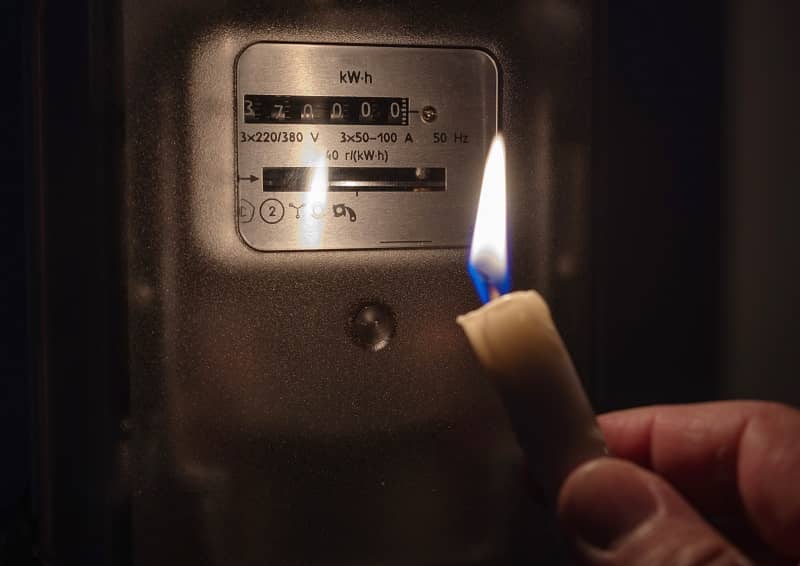The Proper Role of Government: Banning Bags and Setting Prices?
by Todd Wynn
One of the most controversial debates in Oregon’s state capitol this year is banning single-use bags, Senate Bill 536. There is something more important to add to the debate than just the rhetoric from environmental activists, politicians, paper companies and grocery stores. The question of whether government has the right to ban a product and to force retailers to charge a government-created price is an important one to consider, and it has significant implications for government involvement in Oregonians’ lives.
In addition to an outright ban on plastic bags, SB 536 forces retail stores to charge shoppers wanting a paper bag a minimum price set by the government. Currently, for convenience and ease at checkout, stores usually offer “free” bags to shoppers but embed the cost of these bags into the price of other products purchased at the store. SB 536 advocates want to attach a direct price to the single-use bags in order to reduce consumption.
In this case, the Oregon government would impose a minimum price of five cents per paper bag. It is interesting to note that there has been little political backlash regarding this escalating power of government. Since when have Oregonians thought that it was the “right” of government to set prices on products or not to allow stores to embed the price of a product into the overall cost of doing business?
Businesses embed prices all the time. Grocery carts, coffee cups, fast food packaging are all examples of embedded prices. Shoppers are not charged for their usage directly but pay for them through higher prices on food or coffee. If SB 536 passes, Oregonians essentially would be allowing government to force retail stores to redo their business model and set prices for a product. This sets up a precarious precedent that government can have the right to impose prices on every product it deems harmful to society.
This also would mean government has the right to impose maximum prices for products as long as politicians argue that it would be for the common good. This is eerily comparable to price controls in Cuba and the former Soviet Union, and we all know how well that works out. Although on the surface the government-imposed price on paper bags looks fairly harmless, it is truly a dangerous overreach of government.
What about the outright ban? This is an equally destructive and dangerous encroachment of government. Many reasons cited for the ban are questionable environmental claims, but advocates also claim that this would be a job stimulus program for the state because of Oregon’s paper industry. Even though those claims have been found to be false and there would actually be a net job loss, there is a more important underlying issue.
If we allow government to ban a product because some politicians deem it bad for society or, in this case, good for job growth, what is next? Government could have the right to ban all fruit not grown in Oregon or all cars not manufactured in the state.
If Senate Bill 536 passes, Oregonians are setting a standard that our rights can be trampled on. Giving the government the right to force you not to purchase a product and to control prices is much scarier than the existence of plastic bags, contrary to what some environmental activists may believe.
Todd Wynn is Vice President at Cascade Policy Institute, Oregon’s free market public policy research organization. He was formerly Climate Change and Energy Policy Analyst at Cascade.











